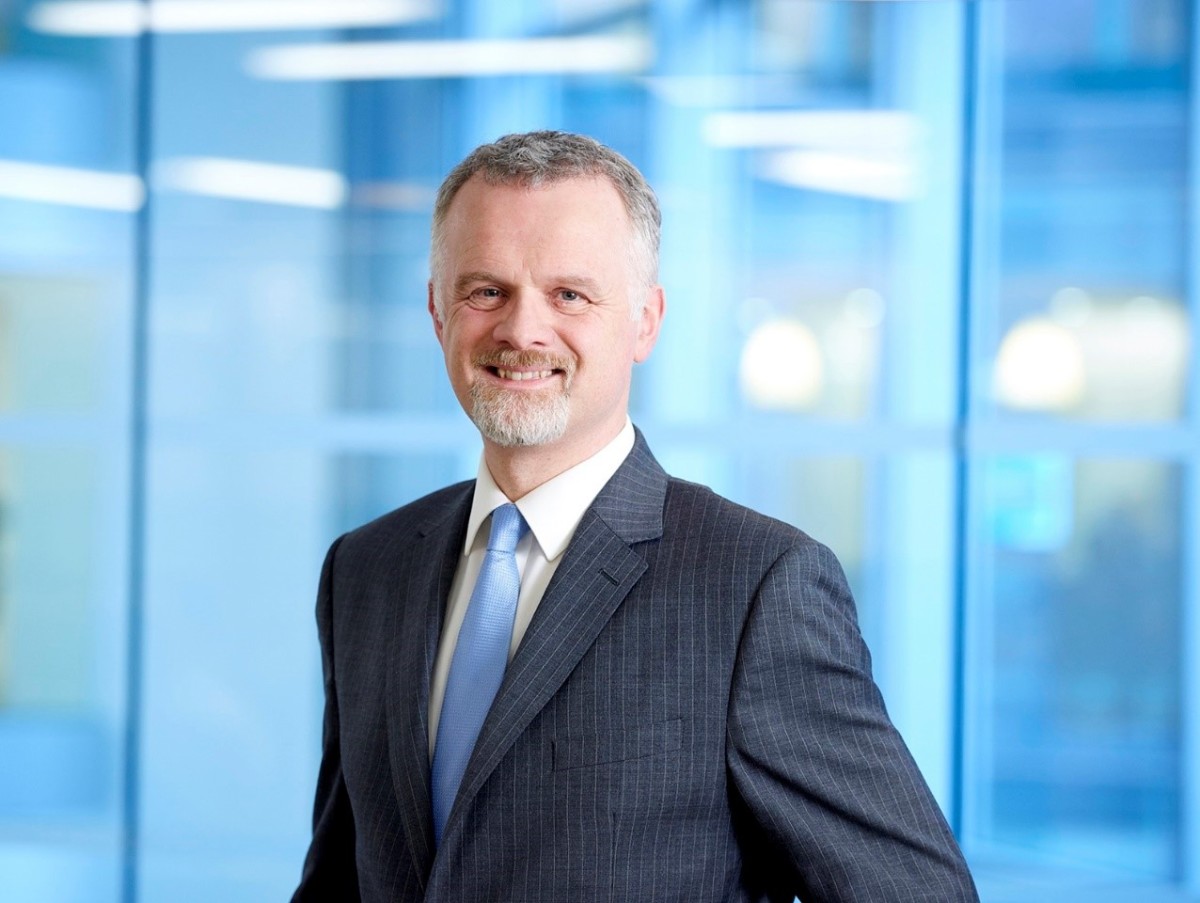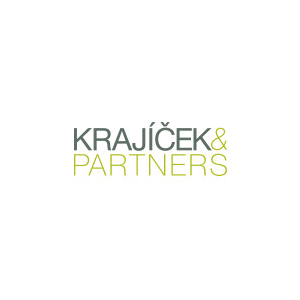Interview with the head of Family Business Consulting at KPMG LLP in London Ken McCracken (part 1)

KPMG is a leading global network of independent firms offering audit, tax and advisory services. We are pleased to publish an interview with the head of Family Business Consulting at KPMG LLP in London Mr. Ken McCracken on our website.
May I ask you for your short introduction for Czech audience? How long are you active in the area of family business advising? Why you moved from law practice? What brought you to this area? What do you like mostly on the area of family business advising?
I entered this field in 1995 when the law firm of which I was then a partner was invited to help found the Centre for Family Enterprise (CFE) at Glasgow Caledonian University. This was the first university based education programme for family businesses in the United Kingdom.
I quickly learned that research and knowledge in relation to family businesses was expanding and in 1997 I became the first lawyer in the United Kingdom to join the Family Firm Institute (FFI).
The families who attended the conferences and education programmes at the CFE started to ask for help with their challenges and, based on what I had learned at the CFE and FFI, I decided that the help they needed was different from the practice of law.
Hence in 2000 I formed Family Business Solutions (FBS) with Dr. Barbara Murray Ph.D. who was the academic director of the CFE.
In 2013 I became joint managing director of a new international consulting group called Withers Consulting Group and most recently I was invited to become the Head of Family Business Consulting at KPMG LLP in London.
The main differences between law and family business consulting, in my view, can be summarised as follows:
- The body of knowledge is different. Our work draws on family systems theory, adult development, finance, process consulting and governance in various forms. This knowledge is necessary for advisers to be effective consultants because the needs of the family and the business are always interconnected.
- In contrast, the dominant style of advising in the UK is the specialist who focuses on one area of the client’s affairs; for example tax, private client, corporate, employment etc. Our approach is different; we facilitate discussions among a group of family members (and sometimes others) to achieve consensus on the way forward.
- Hence our concept of ‘the client’ is also different from lawyers who tend to focus on one person’s instructions rather than working with a family group in which there are often competing interests.
Family businesses need help from advisers who can provide technical specialism but families also often need help in making decisions about the future before the specialists can really get down to doing their work.
I like consulting work because I find it is an effective way to help families. I don’t claim that our approach is better than other types of adviser, but it is different and our field is way beyond what we do being just about so-called soft skills.
I am curious about how family businesses work and I like finding new research and ideas that we can develop into practical help for clients. Due to having started in a university based programme with one of the leading academics in the field, I am committed to both knowledge development and being an effective practitioner. Our approach can be described as “pracademic”.
Could you introduce to our audience your current practice?
We advise entrepreneurs, established family businesses and family offices in relation to governance; in other words, how they need to be organized in order to continue being successful. This includes
- Understanding how the family govern their enterprise already and making the minimum number of changes for the family and enterprise to continue.
- Developing new institutions and polices for governing the relationship among a family and with their enterprise
- This takes us into the detail of ownership, family and corporate governance where we are helping families to balance the needs of their enterprise with their desire to be thoughtful, considerate and loving.
What are, generally and globally, main challenges for family firms?
In general terms family businesses across the world all face the challenge of the family and their business becoming more complex. As this happens the family need to agree answers to 3 key questions:
- WHY do we want to be in business together?
- WHAT roles can family have in relation to ownership, management and governance of their enterprise and what ability do they have to do this?
- HOW do they need to get organized?
If a family does not answer these questions then they are hoping that they can continue to govern their business based on assumptions and understandings, but too often this leads to mistaken assumptions and misunderstandings and the type of conflict that most families want to avoid.
We asked Mr. McCracken more questions. What would he consider most relevant challenges for Central European family firm or how family businesses shall choose an appropriate expert? We are pleased to publish answers to these questions in second part of an interview next week.


